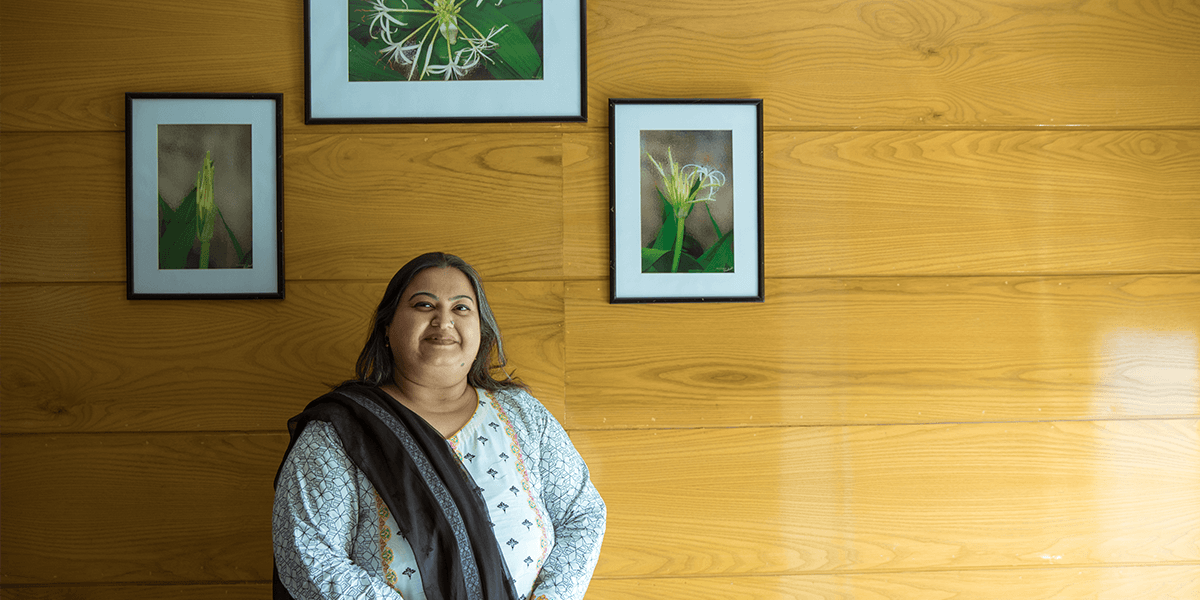
Courtesy of Insiya Syed for Malala Fund
Zehra became an education activist to ensure that every Pakistani girl has access to 12 years of quality education.
After attending both public and private schools as a student in Pakistan, Zehra Arshad recognised the stark difference in quality between the two systems. According to Zehra, Pakistani public schools often have outdated curricula and face shortages of books and qualified teachers. Without the same funding issues, private schools offer students a better education — but at a price many families can’t afford. Determined to address these injustices, Zehra became an education activist to ensure that every Pakistani girl has access to 12 years of quality education.
Zehra knows that there’s a lot of work ahead of her — Pakistan has the second highest number of out-of-school girls in the world and less than one-third of all eligible girls are enrolled in upper secondary school. As the executive director of the Pakistan Coalition for Education (PCE) and a Malala Fund Education Champion, Zehra advocates for a constitutional amendment that would increase the national requirement for education from 10 to 12 years. To support her campaign, PCE collects statistical evidence on gender gaps, conducts media outreach and trains young women to speak out for their right to learn.
Zehra’s favourite part of her job is working with young women. Through trainings, she teaches girls leadership skills and offers them space to discuss barriers to education in their communities. Together they brainstorm how to develop solutions. Zehra encourages teachers to attend the trainings so they can better support girls in the classroom.
“I’m creating (a space) for girls today to talk to their peers and seek strength from each other and have an adult listen to them,” explains Zehra. Using what they learn at the trainings, girls educate local leaders on the benefits of girls’ education. “Families’ attitudes are changing,” Zehra says of the progress they’re making. She already sees more girls in her community enrolled in school.
To create change across the country, Zehra works with the other Education Champions in Pakistan. “We are actually contributing our expertise together, pooling resources and we are coming up with one voice on girls’ education through this platform which is very important,” shares Zehra. Their education financing campaign calls on Pakistan’s government to allocate 20% of its budget to education.
Training the next generation of activists and securing the policy changes and funding needed to get every child in school takes time. But Zehra remains optimistic: “Once you have the opportunity to learn and earn, no one can stop you.”
To learn more about the Education Champion Network visit malala.org/champions.
